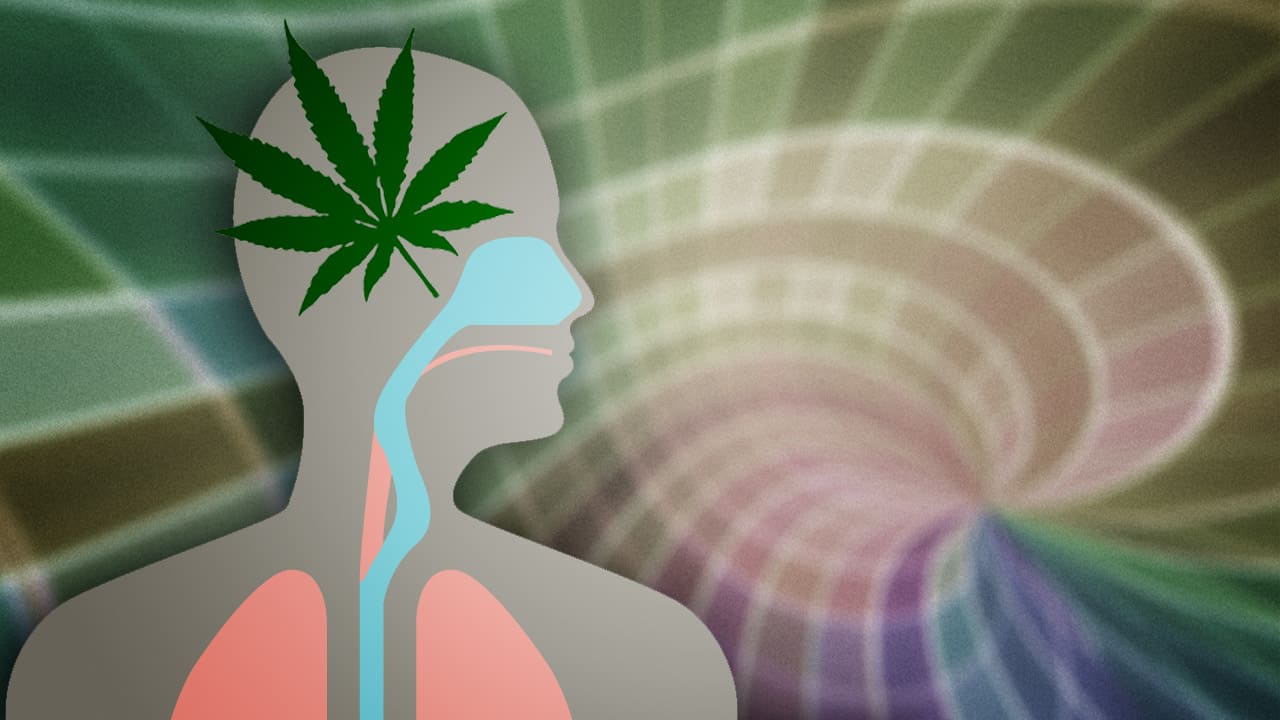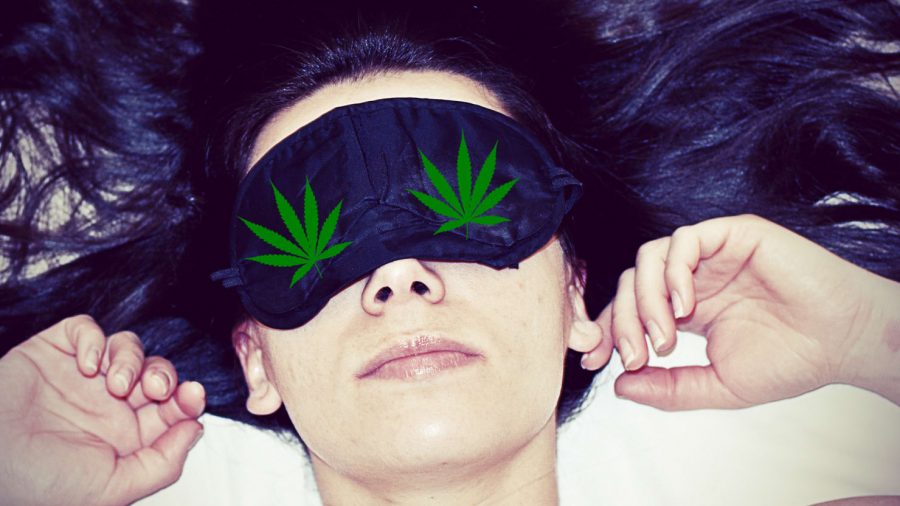Clinical trials set to study cannabis as insomnia treatment
The world’s first ever human clinical trial on using medicinal cannabis as insomnia treatment is set to be carried out by researchers from the University of Western Australia (UWA). Patients who have been diagnosed with chronic insomnia will partake in the trial, which will be organized by the university’s Center for Sleep Science.
The clinical trial will take place in conjunction with Zelda Therapeutics – a medical research and development company based in Australia.
Trial participants will be given cannabis as insomnia treatment and a placebo
 Medicinal cannabis oil will be administered beneath the tongue of each trial participant just before they go to sleep. This will happen every single night for a total of two weeks.
Medicinal cannabis oil will be administered beneath the tongue of each trial participant just before they go to sleep. This will happen every single night for a total of two weeks.
One group of people with chronic sleep disorders will not be given cannabis as an insomnia treatment.
Well, not at first anyway.
A placebo group will be given an oil that does not contain any active cannabis compounds.
After a set amount of time, the placebo group will switch with the cannabis-consuming trial participants.
Since this will be a blind study, the people in each group will not know if they are being medicated with cannabis or a placebo.
Wrist-based sleep trackers will be worn by the study subjects. These trackers will be monitored to assess sleep quality.
The trial will also include three monitored overnight sessions inside the sleep center at UWA. In addition to this, study subjects will be required to fill out questionnaires related to their experience.
Cannabinoid preparation for the clinical trial is unknown
 While we may already know a lot about the two major chemical compounds contained in cannabis – THC and CBD – the subject of using cannabis to treat sleep disorders remains rather understudied.
While we may already know a lot about the two major chemical compounds contained in cannabis – THC and CBD – the subject of using cannabis to treat sleep disorders remains rather understudied.
THC is the psychoactive compound that is usually associated with the stereotypical stoner, whereas CBD is a highly potent non-psychoactive medical compound.
CBD, when prescribed in small doses (otherwise known as microdosing,) can provide effective, long-lasting relief from widespread medical ailments and illnesses, including insomnia.
This is the specific compound that researchers will focus on for the upcoming trial. However, the method of cannabinoid preparation is not yet known by the team of researchers.
Zelda Therapeutics may consider using another non-psychoactive compound called Cannabinol (CBN) as a treatment for insomnia. Produced when THC is oxidized or degraded, CBN is a sedating compound that could prove more effective than Diazepam, which is also marketed as Valium.
Traditional insomnia medications may produce side effects
 Addiction is a common occurrence among insomnia sufferers who use traditional forms of medicines for insomnia, what with the most commonly prescribed medicines causing dependence and withdrawal.
Addiction is a common occurrence among insomnia sufferers who use traditional forms of medicines for insomnia, what with the most commonly prescribed medicines causing dependence and withdrawal.
They include benzodiazepines, such as Temazepam, and non-benzodiazepine hypnotics, such as Stilnox, Sonata, Imovane.
Leader of the forthcoming study, Peter Eastwood, believes medicinal cannabis to be a safer alternative to other drugs for insomnia.
“Based on previous research we believe a small dose of medicinal cannabinoid may be effective for treating chronic insomnia and have fewer side effects than current drug treatment options,” he said.
Results from the clinical trial should be available within the next 12 months. With the information gained from this study on cannabis as insomnia treatment, we can better understand the side effects of cannabis compounds on sleep disorders, like insomnia.








